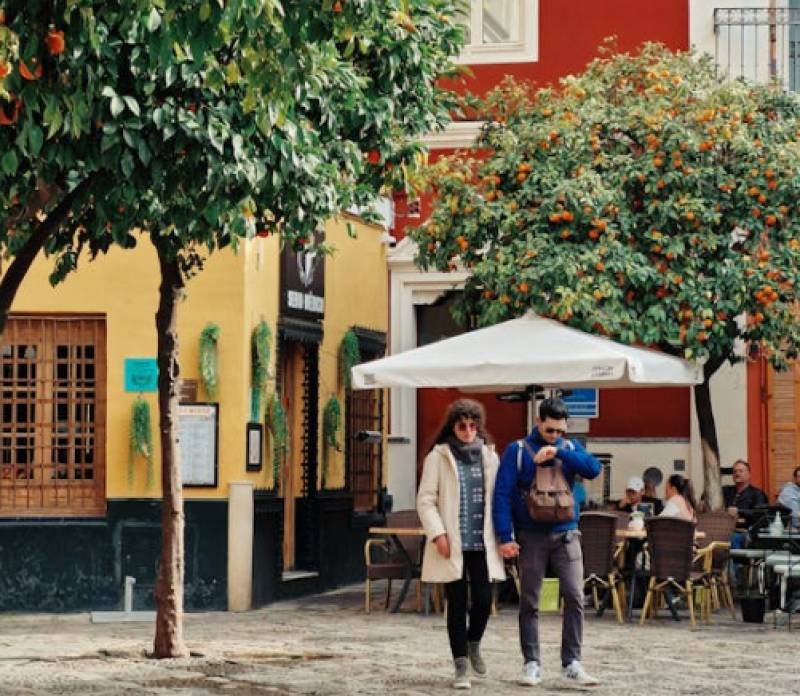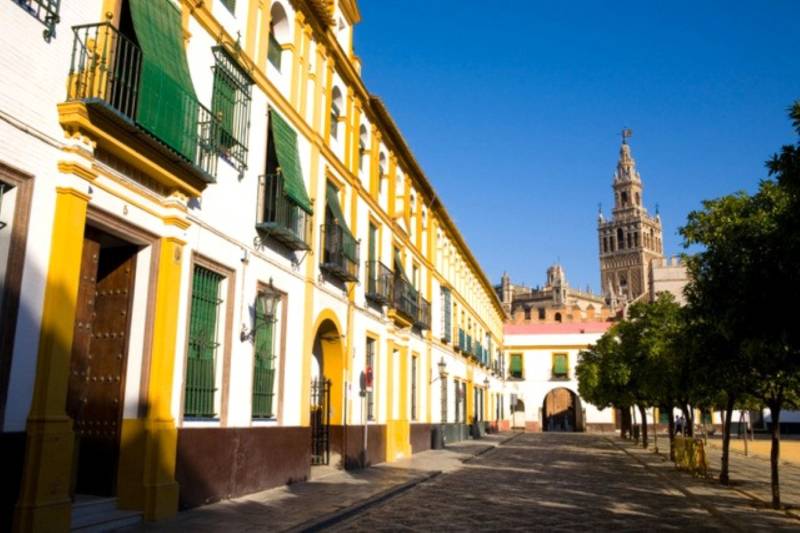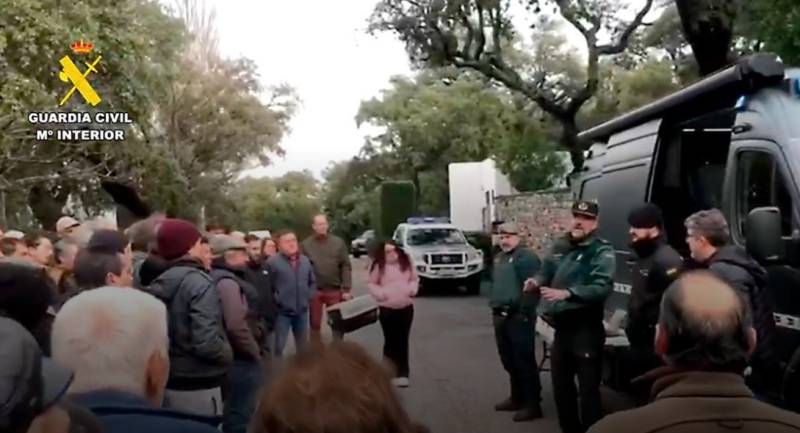

Guidelines for submitting articles to San Pedro del Pinatar Today
Hello, and thank you for choosing San Pedro del Pinatar.Today to publicise your organisation’s info or event.
San Pedro del Pinatar Today is a website set up by Murcia Today specifically for residents of the urbanisation in Southwest Murcia, providing news and information on what’s happening in the local area, which is the largest English-speaking expat area in the Region of Murcia.
When submitting text to be included on San Pedro del Pinatar Today, please abide by the following guidelines so we can upload your article as swiftly as possible:
Send an email to editor@spaintodayonline.com or contact@murciatoday.com
Attach the information in a Word Document or Google Doc
Include all relevant points, including:
Who is the organisation running the event?
Where is it happening?
When?
How much does it cost?
Is it necessary to book beforehand, or can people just show up on the day?
…but try not to exceed 300 words
Also attach a photo to illustrate your article, no more than 100kb

Brits living in Spain for more than 15 years to be given right to vote in UK elections
Britons living in Spain for more than 15 years will be able to vote in local and general elections in the UK and municipal elections in Spain

Three million British citizens living overseas - including Spain - will be given the right to vote in local and general elections under new laws.
Millions of British nationals who have spent more than 15 years living abroad and are therefore no longer entitled to vote in UK elections will now regain that entitlement under the "Votes for Life" commitment of the Elections Bill.
The UK government has now reiterated its committment to removing the 15-year rule, and in the March 2021 budget £2.5 million was pledged to do just this through the Elections Bill, with legislation expected to begin its path to becoming law later in 2021, with a view to the new system being fully operational in time for the next General Election in 2024.
Overseas electoral voters will also be able to reapply for a postal vote or refresh their proxy vote at the same time as renewing their voter registration, streamlining the process and helping to ensure they have appropriate voting arrangements in place ahead of an election, the system allowing for the "secure and accessible registration of overseas voters".
In addition, the new rules will mean overseas electors can stay registered for longer, requiring them to renew their registration details once every three years, rather than annually.
One final bonus for UK Nationals who currently reside in Spain is that they will not lose the right granted to them pre-Brexit which entitled them to vote in local municipal elections; anyone who has been resident in Spain for more than three years can vote in their local council elections, which are held every four years.
This is a very important agreement for Spanish residents, some of whom live in municipalities with urban development problems which will only ever be resolved if political pressure is applied; if local councils think that British nationals have no influence in municipal elections, their problems stand a considerably lower chance of being resolved than if resolution of the issues is a key issue in influencing local voting and in some municipalities, Mazarrón in the Murcia region for example, could be the deciding issue in the formation of a municipal council, and therefore ultimately, in whether local issues are resolved or not.
The drive for this new legislation has come principally from two former UK residents, who were angry at being unable to vote in the 2016 referendum on the UK’s membership of the EU, a sentiment echoed by many British Nationals resident in Spain who are now being adversely affected by the changes Brexit has brought to their lives.
Harry Shindler, a British citizen who has lived in Italy since 1982, and Jacquelyn MacLennan, who has lived in Brussels since 1987, took a case to the High Court challenging the legality of the franchise for the referendum which excluded British citizens who have lived abroad for more than 15 years.
The expats claimed that the 15-year rule, as applied to eligibility to vote in the EU referendum, constituted a restriction on their rights of free movement.
Mr Shindler, 99, a Second World War veteran, said the electoral integrity bill, which aims among other things to remove the 15-year limit on “the voting rights of British expats and making it easier to cast their vote”, would deliver British nationals their “last democratic right”.
He added that many expats "worked very hard for their country and have retired abroad and decided to conclude their days somewhere else but that they had made a contribution to their country".
Meanwhile, the British in Europe group, which has also campaigned for the vote, said “getting our vote back matters hugely”, and pointed out that "what happens in the UK affects us".
"Many of us pay or have paid taxes and national insurance in the UK, meaning tax and pension changes affect us. Many of us have strong ties to our families and communities in the UK or children studying there. So, we are affected by changes in law and policy on social care, education and university fees and finance," said the coalition of UK citizens in Europe in a statement.
It is believed around 4.3 million Britons of voting age live abroad, with about 3 million unable to vote because of the 15-year cut-off date.























